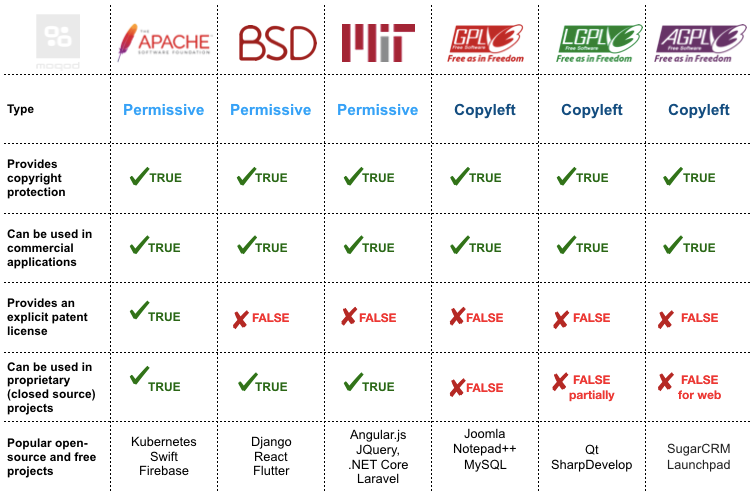Just because you wrote it do you own it? This is a yes and no answer or and “it depends on the situation” answer. In my life as a poet/short story writer, it’s a resounding YES! There is an implicit copyright to any content that I write. It belongs to me and no one else. Of course, I can explicitly take out a copyright on that material as well. Even most but not all the content on this site belongs to me. I say not all because all the images I use for my posts are Creative Commons licensed material.
The CC license allows copyrighted material to be freely distributed, used, and edited. It is the most flexible of the many different types of licenses out there. It is the license under which OER materials are shared. In fact on my first OER post, I used the CC logo as the main image.
Authorship and ownership often come up in the tech space as well. A big part of what we teach/study in our first years is the different type of copyright licenses used. The CC equivalent is the GNU General Public License (fun aside, GNU stands for GNU is Not Unix). This license is used when creating free open-source software. There are so many other types of licenses as well, MIT, Apache, etc.

Now to social media! Privacy and ownership is a huge issue on these sites. Each site has its own complex policy about what data it can gather and share about users. One of the most important skills to understanding these policies is data literacy. We need to understand the power of the data we share on these sites and who the sites are selling them to. These sites are free because they sell our information to others. Instagram for example, does not own your images, but they have a near unlimited license to use your images, and profile name anywhere and in any way they choose. The complexities of these social media privacy policies is exactly why I use them limitedly. I don’t need any more targeted ads; I get enough from my online shopping.
The most dangerous part of this I think is the passive data collection. This is where Google and other sites collect our IP addresses and monitor our clicks. Walmart has long been collecting and using this data to send us targeted ads, but have also sold this data to other companies who send us coupons or other targeted ads. This data collections is passive and usually not something you can say no to. It is embedded somewhere in the privacy and data usage site of the site, and you automatically agree to it by signing up or by using the site. You can get around this by using private browsing (doesn’t hide your IP). The best way around it is using the TOR browser and a virtual private network (VPN).

